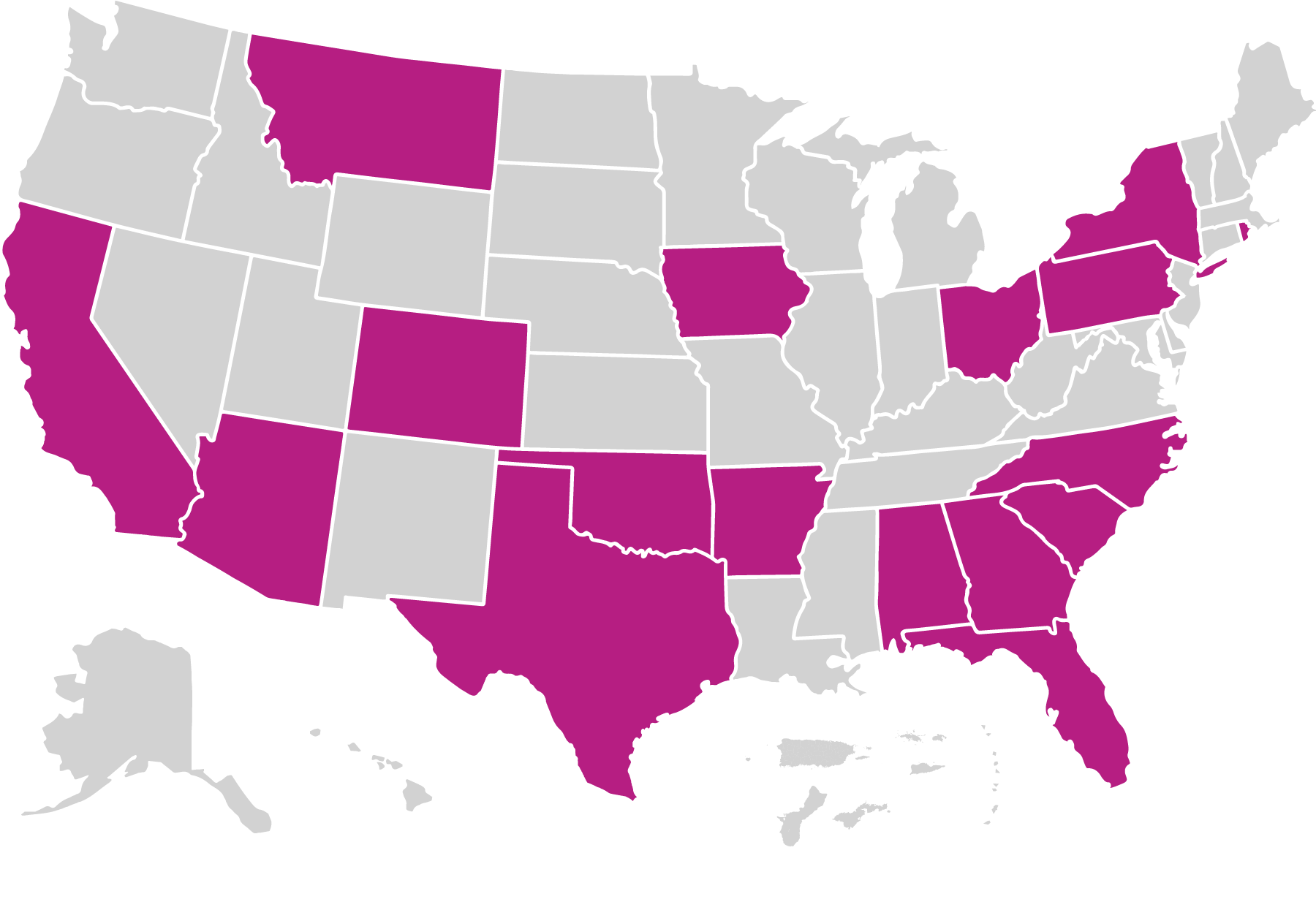SafeCare/SafeCare Augmented
SafeCare/SafeCare Augmented (SafeCare) is designed to improve positive parenting skills so that all parents can provide a nurturing, safe, and healthy home environment for children. The curriculum focuses on three key areas—positive parent-child interaction, child health, and home safety—and aims to prevent child neglect and physical abuse.
What is the model’s approach to providing home visiting services?
SafeCare is delivered across 18 weekly home visits, which typically last 60 minutes each. SafeCare can be delivered to any family with a child between the ages of birth and 5 years old, with no other inclusion or exclusion family characteristics necessary for enrollment.
Who is implementing the model?
Home Visitors
SafeCare was implemented by 527 providers in 2020. The model does not require specific educational degrees or majors for providers but recommends a bachelor’s degree and some experience in human services or child development. Provider caseload limits are determined by local programs.
Supervisors
SafeCare Coaches complete a certification process, which includes attending the home visitor training and an additional 2-day workshop focused on fidelity monitoring and supportive coaching. A half-day training is available for supervisors and/or administrators who do not deliver the SafeCare program to families, but need more detailed information about the curriculum to effectively support implementation.
Where is the model implemented?
SafeCare operated in 72 local agencies across 17 states in 2020. SafeCare also operated outside the United States and its territories in Australia, Canada, Israel, Kenya, Spain, Taiwan, and the United Kingdom in 2020.

Families Served Through Evidence-Based Home Visiting in 2020
Race
10% American Indian/Alaska Native
1% Asian
15% Black
<1% Native Hawaiian/Pacific Islander
70% White
3% Multiple
Ethnicity
35% Hispanic or Latino
65% Not Hispanic or Latino
Primary language
85% English
14% Spanish
<1% Another language
